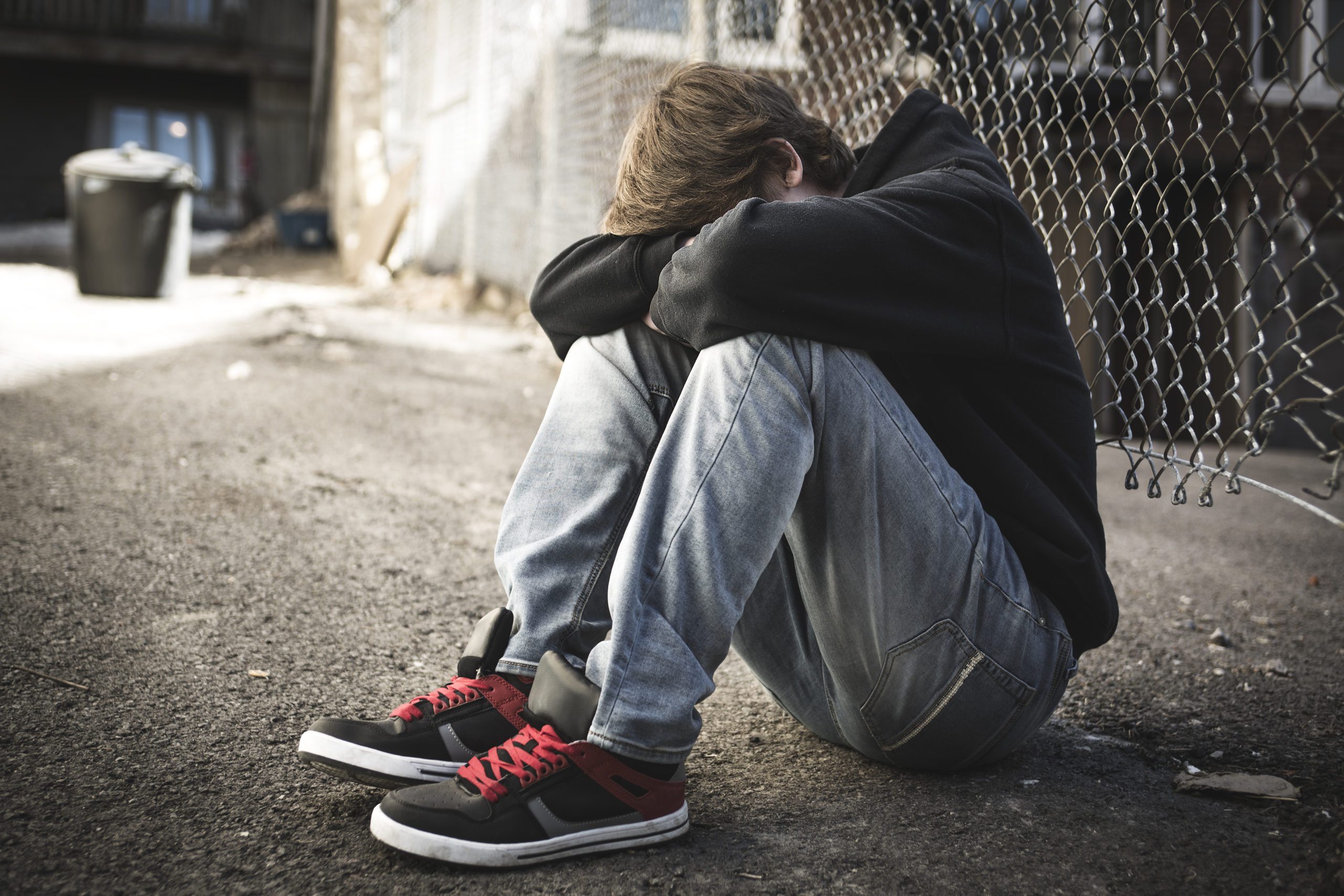We all know that your late teens and early 20’s can be a stressful time. Gaining independence and beginning a college career, or perhaps first entering the workforce and taking on new responsibilities…Regardless of what the journey may be, those years have traditionally been associated with with anxiety, depression and self doubt. But now it appears as though things have taken a turn for the worse. According to new research, the rate of adolescents experiencing mental health struggles and suicidal thoughts has jumped up by 52 percent since 2005.
The time span of the study ran from 2005 to 2017. Even more alarming is the fact that the percentage switches to 63 percent if you measure just the past eight years alone. USA Today touched on the research on their site, sharing modern stressors that may be contributing to the uptick. One big call out was digital media usage, as in social networks where issues like cyber-bullying run rampant. There have also been economic woes, global fears, gender struggles and (as we know right here in Los Angeles) a sharp rise in homelessness.
Interestingly, the depression and suicidal stats remained somewhat stagnant among older adults within the same time period. In our opinion, this truly goes to show that the newer generations have much more pressure than ever before.
San Diego State University professor Jean Twenge co-authored the report and shared her own reasons for these alarming stats.
“Cultural trends in the last 10 years may have had a larger effect on mood disorders and suicide-related outcomes among younger generations compared with older generations,” she explained. “These results suggest a need for more research to understand how digital communication versus face-to-face social interaction influences mood disorders and suicide-related outcomes and to develop specialized interventions for younger age groups.”
Indeed, other studies have shown that depression and anxiety now rank higher among this set than even drug or alcohol abuse. Many young people are also closely connected to their phones and the web, which can often lead to more harm than good. Upsetting news amongst their Facebook circle, rejections from dating apps and potential trolling from unwanted associates all play a big part in a person’s self-esteem.
Whatever the reason, if you or someone you are close to is a young person struggling with depression or suicidal thoughts, please know that help is readily available. There is no doubt that the modern world can be a difficult place to navigate through, but with professional support and guidance there is always a brighter tomorrow.


